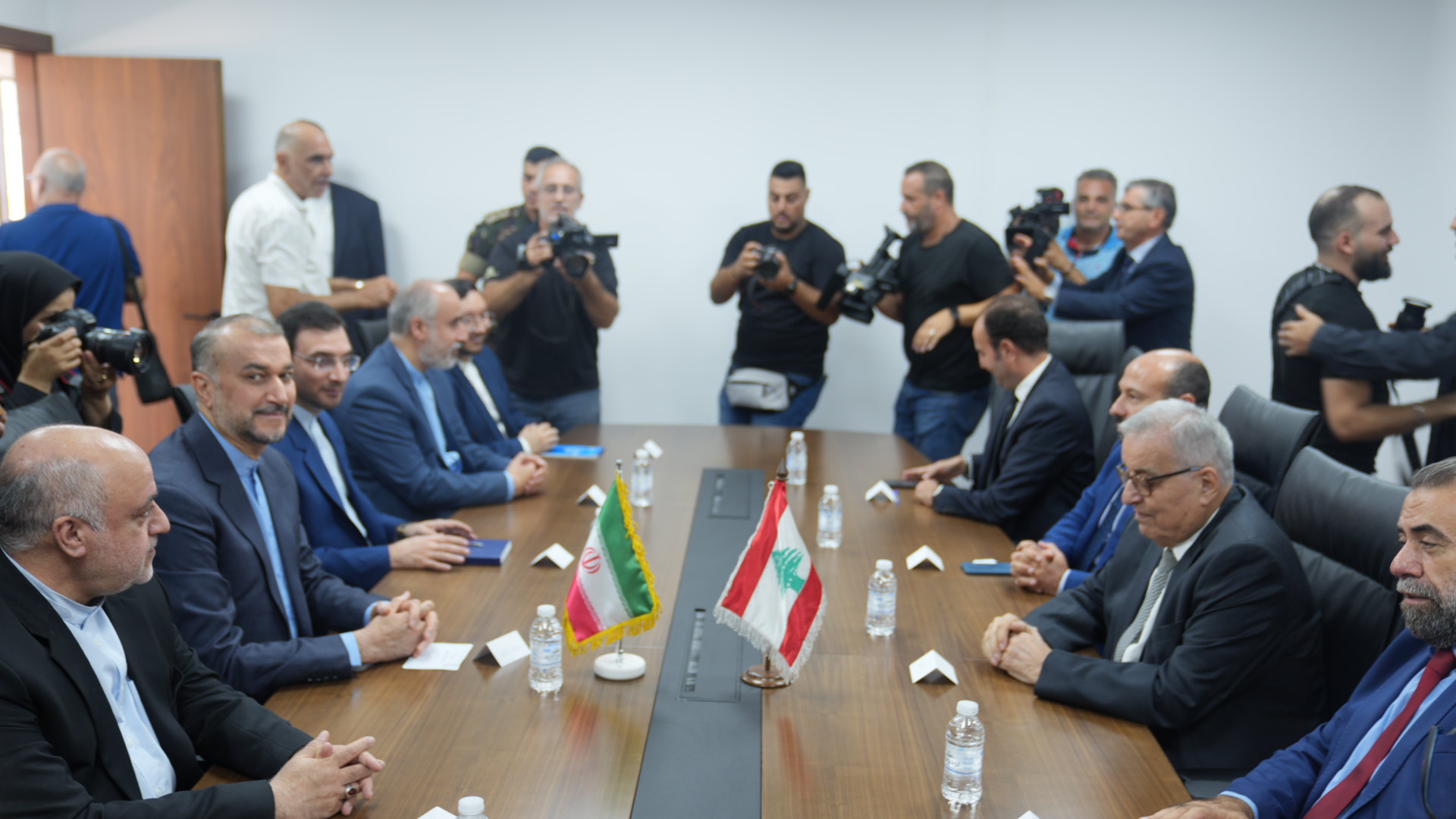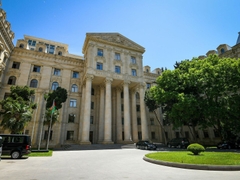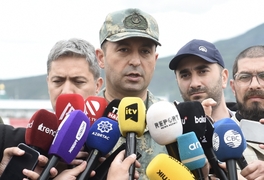Iran’s Foreign Minister, Hossein Amir-Abdollahian, has called upon Lebanese leaders to forge agreements that will pave the way for the election of a new president.
The presidential post has remained vacant since the conclusion of President Michel Aoun’s term in October 2022. The current impasse is rooted in the support of several Christian parties and the Iran-backed Hezbollah movement for different presidential candidates.
During a meeting in Beirut on September 1 with Lebanese Parliament Speaker Nabih Berri, Amir-Abdollahian, who had arrived in Lebanon from the Syrian capital, underscored the critical importance of stability and security in Lebanon, not only for Iran but also for the entire region, as reported by Iran’s Tasnim news agency. The minister emphasized the significance of electing a new president and forming a government in Lebanon, stressing that this matter falls solely within the purview of the Lebanese nation and its political leaders.
In response, Berri described the selection of a new president as a matter of paramount importance for Lebanon and indicated ongoing efforts to broker a compromise among Lebanese parties on the issue. He also expressed confidence that his country could promptly address its critical economic conditions once a new president is elected, and he applauded the improving relations between Iran and Saudi Arabia, noting the potential benefits for the entire region.
During a meeting with his Lebanese counterpart, Abdullah Bouhabib, Amir-Abdollahian asserted that U.S. sanctions would not impede economic relations between Iran and Lebanon, just as they had not hindered Iran’s cooperation with Iraq, Türkiye, Pakistan, Central Asian nations, or the Caucasus. The foreign minister expressed hope that Iran’s proposals for expanding economic ties with Lebanon would receive consideration and that Iranian companies were ready to assist Lebanon in addressing its electricity issues.
In response, Bouhabib highlighted the ample opportunities for cooperation between the two nations and expressed optimism that the formation of a new government in Lebanon would enhance relations with Iran across various fields.
On the same day, the Iranian Foreign Minister also met with Hassan Nasrallah, the Secretary-General of the Lebanese Hezbollah resistance movement. They reportedly discussed the latest political developments in Lebanon and the wider region. Media outlets affiliated with Hezbollah reported on the meeting but did not provide further details.
Amir-Abdollahian additionally held an extensive meeting with the leaders of Palestinian militant groups Hamas and Palestinian Islamic Jihad (PIJ) in Beirut, where they discussed militant activities in the West Bank.
Iran and Israel have been embroiled in a proxy conflict since the 1979 Islamic Revolution in Iran. Tehran has reportedly provided military and financial support to Palestinian groups like Hamas and Islamic Jihad, which have engaged in conflict with Israel.
Nathan Sales, a counterterrorism expert at the U.S. State Department, stated in November 2018 that Tehran allocates approximately $100 million annually to fund Hamas and other Palestinian militant groups.







 Colonel Anar Eyvazov, spokesperson for the Azerbaijani Ministry of Defense, has disclosed significant developments concerning the early withdrawal ...
Colonel Anar Eyvazov, spokesperson for the Azerbaijani Ministry of Defense, has disclosed significant developments concerning the early withdrawal ...
 Russia is moving forward with what it calls a “special military operation” in Ukraine with its forces advancing in the Kharkiv region.
Russia is moving forward with what it calls a “special military operation” in Ukraine with its forces advancing in the Kharkiv region.
 Turkmenistan's Foreign Minister Rashit Meredow and EU's Special Representative for Central Asia Terhi Hakala have discussed prospects for cooperati...
Turkmenistan's Foreign Minister Rashit Meredow and EU's Special Representative for Central Asia Terhi Hakala have discussed prospects for cooperati...



